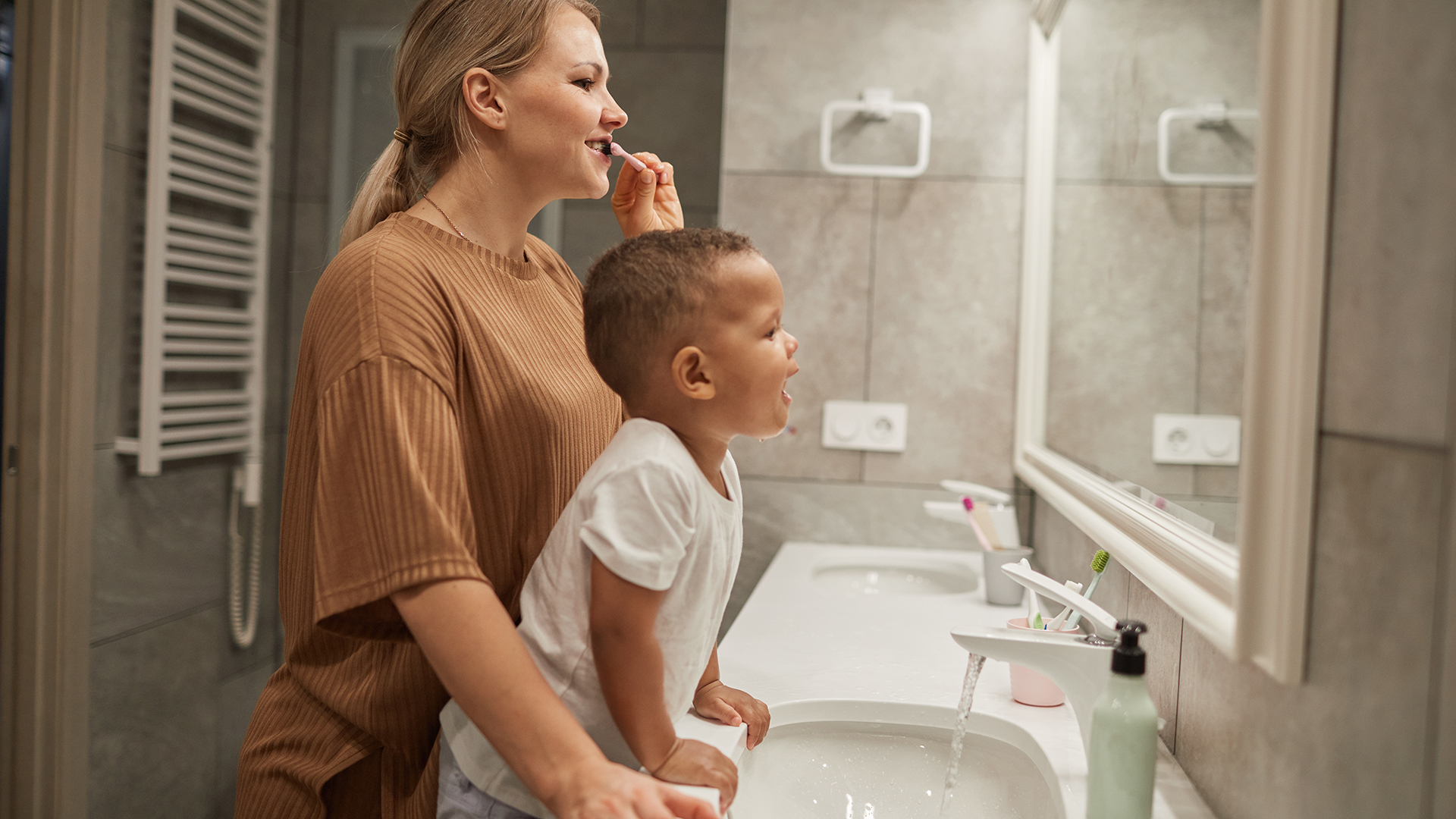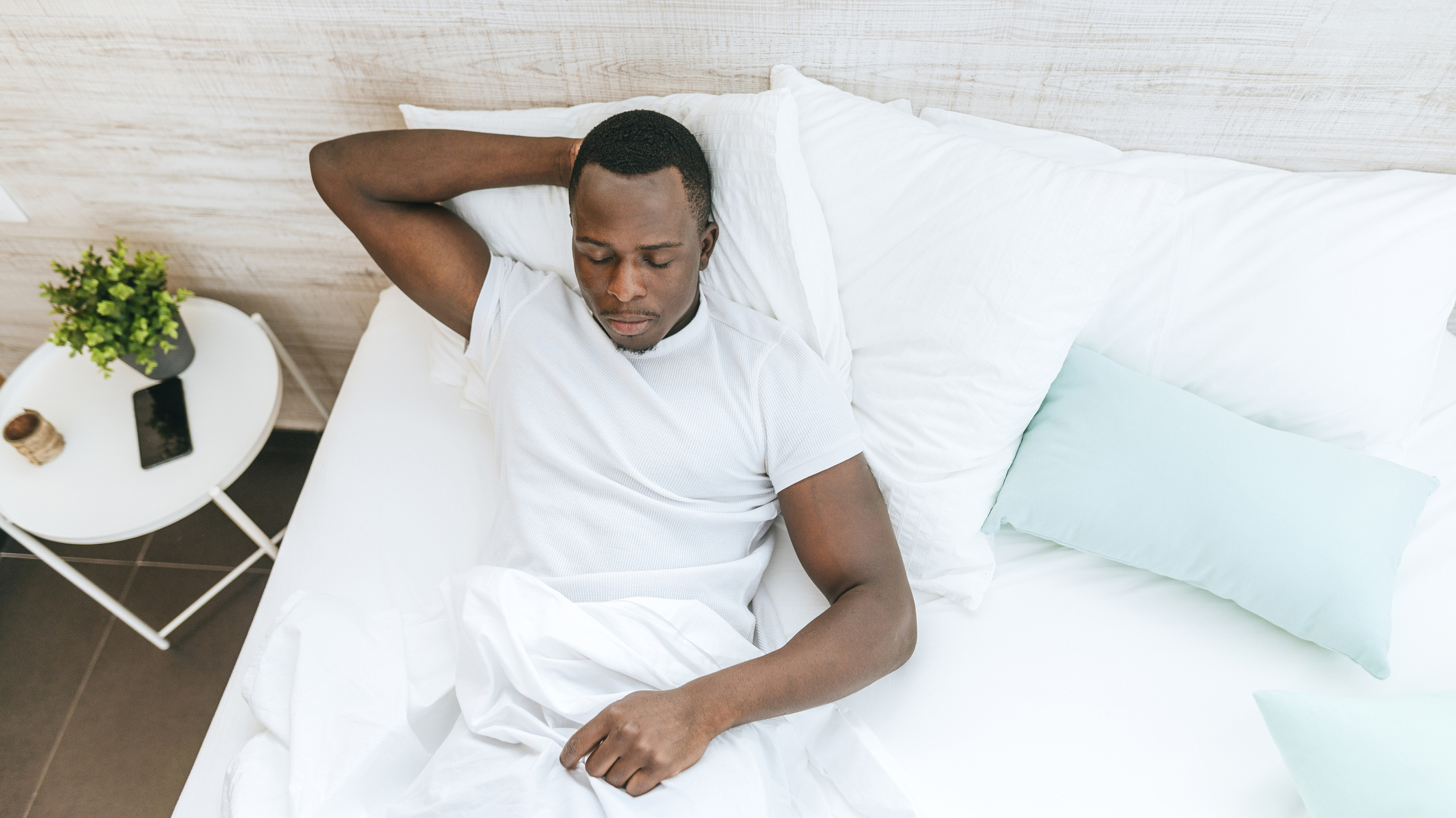Stop brushing your teeth just before bed, say sleep experts – here's why
Your pre-bed routine might be keeping you awake

The bedtime routine helps you relax after the day, and there are some pre-bed tasks that are as integral to your sleep as the best mattress. You have to brush your teeth and change into your pajamas just before bed, right? But although these activities are necessary, they could be keeping you awake.
While attending the Sleep Charity's Sleep Conference, I had the opportunity to speak to sleep experts and they warned me that many of our pre-sleep routines act as unexpected sensory stimulants. From the bright lights of the bathroom to the fiddly buttons of your work shirt, these habits provide a bolt of alertness that we then carry to bed.
The solution isn’t dirty teeth and sleeping in your clothes – it’s restructuring the routine so these alerting habits happen earlier in the evening. That way, you can focus fully on relaxing, with no rude awakenings.
Why teeth brushing might be waking you up
We're not suggesting anyone stop brushing their teeth. It's absolutely a vital evening task. But if you're doing it directly before you go to bed, it might be having a negative impact on your sleep. It involves a double whammy of wake-up: bright bathroom lights and invigorating scents. Exposure to light signals to the body that it’s time to get up, while studies suggest that the scent of peppermint can increase alertness. When we should be calming our senses to prepare for bed, we're actually doing the opposite.

Teeth brushing isn't the only common pre-bed habit that might be harming your sleep. Changing clothes can be surprisingly alerting, especially if you’re dealing with buttons, ties, and whatever else you might be wearing to work. And like brushing your teeth, washing your face involves exposure to bright lights and potentially strong smells.
3 ways to restructure your routine
These three habits are an ingrained part of our bedtime routine, so you might not have considered how they affect your sleep. Here's exactly when to do them for your best chance of a restful night.
1. Brush your teeth after dinner
The solution to this accidental sensory stimulation isn't to stop brushing your teeth – that's never the right choice – but to move it earlier in your wind-down routine. There should be roughly three hours between eating and lying down, so consider brushing your teeth once you've finished your evening meal. Minty fresh teeth can also discourage you from pre-bed snacking (as per the 10-3-2-1-0 sleep rule).
Sign up for breaking news, reviews, opinion, top tech deals, and more.
2. Get your pajamas on earlier in the evening
There are many benefits to putting your pajamas on earlier in the evening, rather than right before going to bed. For a start, you avoid the last minute sensory stimulation of changing your clothes. In addition, pajamas convey that cozy and relaxed feeling you want as you go through your bedtime routine.

Another surprising benefit is that you might feel less stressed lying in bed. When you get changed at the last minute, the temptation is always to leave your clothes where they fall. This clutter can keep you awake, as you can see the mess when you lie in bed. But by putting your pajamas on earlier, you have more energy for tidying, making it easier to drift off.
3. Wash your face at the start of your wind-down
Make washing your face the first part of your wind-down routine and you can avoid the bright lights of the bathroom right before sleep. Plus, it gives you more time to enjoy the calming aspects of your skincare routine – applying face masks, body lotions, and moisturizers are all soothing activities.

Ruth is TechRadar’s Sleep Writer. She’s here to help you find the perfect sleep setup for your budget and personal preferences. As well as keeping a keen eye on everything that’s going on in the world of mattresses, she regularly speaks to experts to help you learn how to improve your sleep habits, whether that’s by debunking sleep myths or explaining the science behind it all. Prior to joining the TechRadar team, she wrote features and product guides for new parents hoping to get a decent night's sleep, as well as writing for a variety of online spaces.